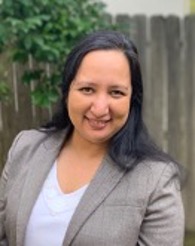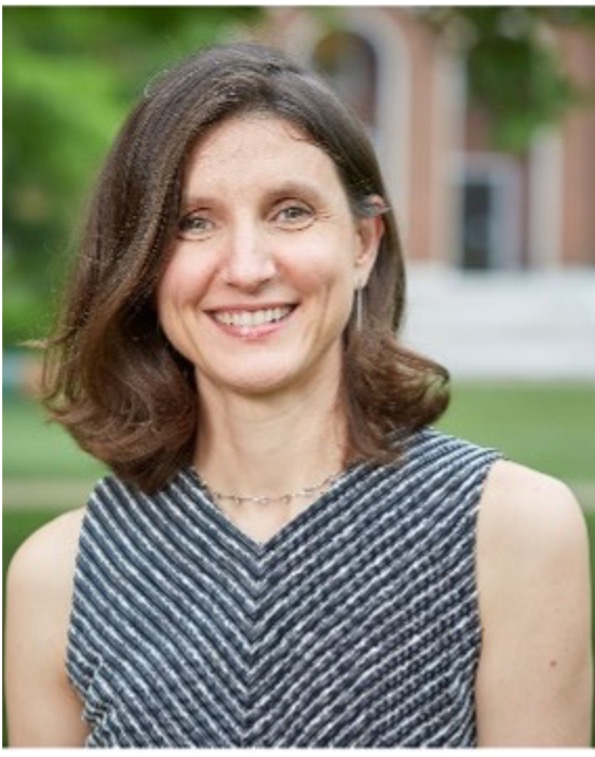Plenary Lecture I: Professor Sibani Lisa Biswal

Driving assemblies of “big atoms” with time-varying magnetic fields
Abstract: Suspensions of paramagnetic colloids driven with time-varying magnetic fields demonstrate interesting collective behavior such as organized and directed clustering and swarming. These systems require continuous energy input, yet some of the dynamics of these driven systems resemble the equilibrium phase behavior of molecular fluids, such as crystallization, condensation, and phase separation. Consequently, there has been significant interest in exploring the applicability of thermodynamic concepts, such as pressure and surface tension, to describe nonequilibrium phenomena. I will describe the application of time-varying magnetic fields to induce new dynamical phases. Specifically, we will show how rotating magnetic fields can drive superparamagnetic particles to form vapor-liquid coexistence that can be analyzed with Kelvin’s equation to determine an “effective vapor pressure” and vapor-solid coexistence shows grain boundaries that shape polycrystalline domains. These results illustrate the convergence of statistical physics of simple liquids to nonequilibrium systems.
In another system, a colloidal version of a bead-spring-bead model comprised of micron-sized paramagnetic particles that have been linked together with DNA can be used as models semiflexible filaments. We have shown that these chains can be engineered with varying persistence lengths (the length scale for bending) that vary over five orders of magnitude. The dynamics of these filaments in time-varying fields are governed by the relative roles of external, viscous, and elastic forces on the filament. Mapping buckling and coiling dynamic modes allows for the design of microbots and probes for measuring fluid properties.
Bio: Dr. Sibani Lisa Biswal is the William M. McCardell Professor in the Department of Chemical and Biomolecular Engineering and Associate Dean for Faculty Development in the George R. Brown School of Engineering at Rice University. She leads the Soft Matter Engineering Laboratory, where she aims to connect a fundamental understanding of colloidal and interfacial forces governing soft matter systems to identify new insights and ideas towards engineering new solutions for a variety of critical technological problems. Prior to Rice, she was a postdoctoral fellow at UC Berkeley. She received her B.S in chemical engineering from Caltech (1999) and a Ph.D. in chemical engineering from Stanford University (2004). She is the recipient of an ONR Young Investigator Award and a National Science Foundation CAREER award. She has also received the George R. Brown Award for Superior Teaching, the Rice Alumni Professional Progress Award, and the South Texas Section AICHE Best Applied Paper Award.
Plenary Lecture II: Professor Joelle Frechette

Soft landing and sticky contacts
Abstract: Understanding and harnessing adhesive interactions between soft materials provides materials design strategies for coatings, recycling, and biomaterials. This presentation will discuss our efforts to understand how soft materials make contact and adhere under dynamic conditions in fluid environments, or between two soft surfaces. Measurements of interactions between soft surfaces will show how elastic films deform due to viscous forces and influence adhesion. In particular, we will discuss how detachment from soft probes suppresses the interfacial instabilities of a model viscoelastic polymer adhesive. We will then discuss the importance of surface interaction for underwater adhesion, specifically looking at the role of hydrogen bonding.
Bio: Joelle Frechette received her PhD from Princeton University in Chemical Engineering and Materials Science studying surface forces and adhesion in electrochemical environment. After postdoctoral work at UC Berkeley, she joined the Hopkins Faculty and relocated to UC Berkeley in 2021. She was awarded the NSF CAREER award, the 3M untenured faculty award, the ONR Young Investigator award, and was elected as a Fellow of the American Chemical Society in 2017. Her research interests include: adhesion in fluid environments, particles at fluid interfaces, and surface force measurements.